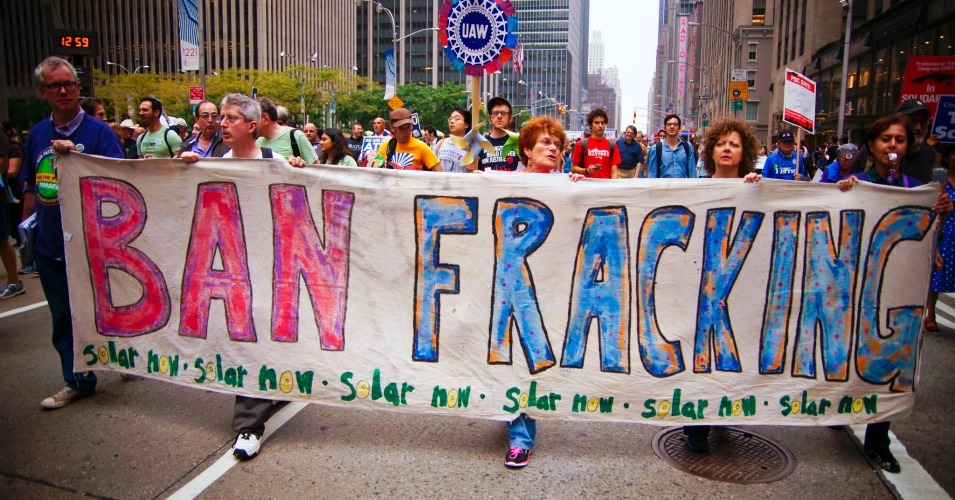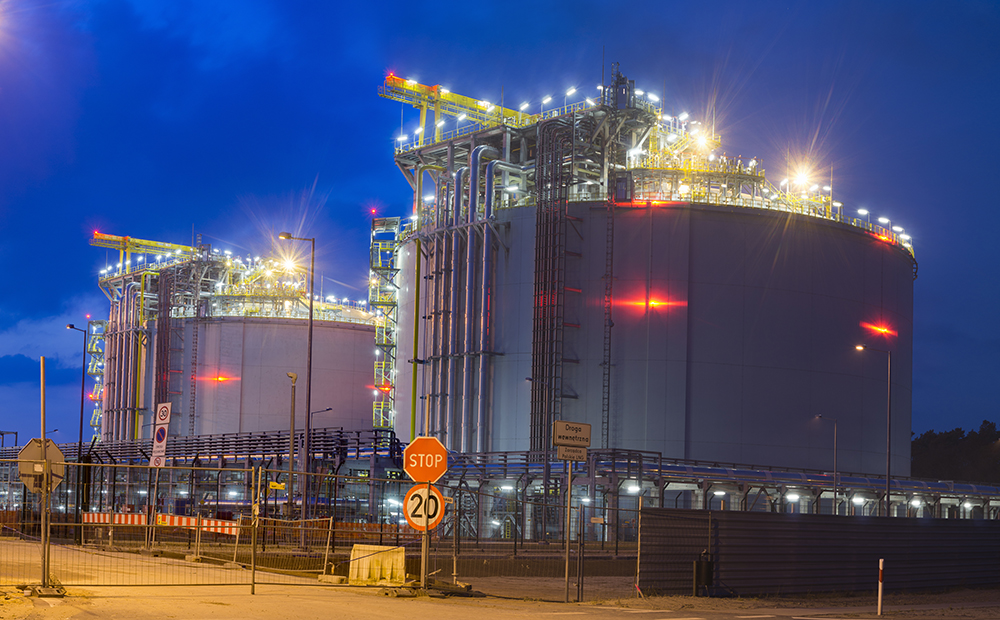According to the paper an economic summit of sorts blames the local depression on the federal government for not cutting more trees in the federally managed rainforests. Curry County is being starved of federal timber revenue as a result of regulations on 700,000 acres of forest according to a commissioner and both Curry and Coos would like more local control. The problem with local control, however, can be demonstrated by a look at how the private forests have been managed and the rampant over cutting that flooded the market and ravaged privately held resources.
Curry County is slightly larger, geographically, than Coos County with almost half its area covered with federal forests but consider that the population is only 22,000 people and the county provides virtually no services to the federal lands whatsoever. The question becomes why does a county servicing only 22,000 need federal timber to fund its services and by the way, where is the market? The answer lies in its frighteningly low property tax rates and the curious manner in which private timber land is taxed. Two thirds of Coos County is privately owned with approximately 80% of that land designated as timber and like Curry has a below average property tax rate.
The answer isn’t to cut more trees, especially when its illegal to ship federal timber overseas and the domestic market is down, the answer is to enforce an equitable tax investment from all property owners, including timber operators. Instead of decimating more rainforest community leaders should be re-imagining wealth and how to get there.
An interesting article on the subject can be found here
As resistance has grown to America’s widening gulf between the “1 percent” and the rest of the population, something new has exploded in America’s communities; “community wealth building” is an explicit strategy to democratize the ownership of wealth from the ground up. With traditional regulatory and tax-and-spend approaches faltering at every level, the notion that we should create new democratic economic institutions to build wealth, community by community, is quietly gaining traction. We now have the potential for larger and longer-term transformation throughout the nation.




You should see the decks of logs all along the NB waterfront, the number is staggering.